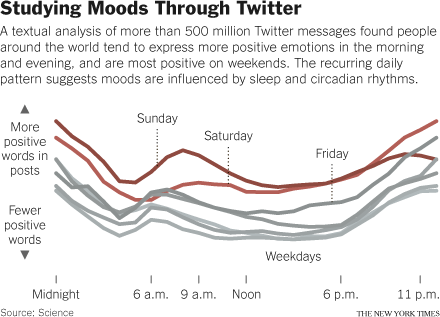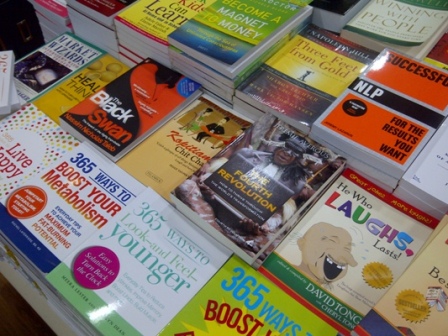It is one year since this blog has started exchanging with the world.
What a year!…
I still remember the stress at the moment of pressing the ‘publish button’ one year ago. Publishing to the world was scary… and enticing at the same time!
While that was primarily an experiment, I must say I have been taken up by the game! More than 170 blog posts later, I am even more enthusiastic about it!

It’s a good time for a look back on one year discussing and publishing about the Fourth Revolution:
- the Fourth Revolution blog and website went live on Oct 10, 2010
- the first manuscript of the Fourth Revolution book was ready in December 2010 after 5 month work
- I had to change the hosting solution for the blog in January 2011 after some difficult days without being able to access it!
- it took a few months of improvement after a few early readers gave their feedback, editing, typesetting, before the Fourth Revolution book was published in May 2011
- the Fourth Revolution book was finally fully available on internet, print on demand in June 2011 at the same time I started public talks about it. More than 100 copies have been sold so far.
And now…? What is the new year going to be like?…
Let’s now spread to the word of the Fourth Revolution much more widely than it does right now.
I intend to do much more communication and public talking. I hope to build a real community around the concept.
Because it is important. Because the world is changing, and so should we.







